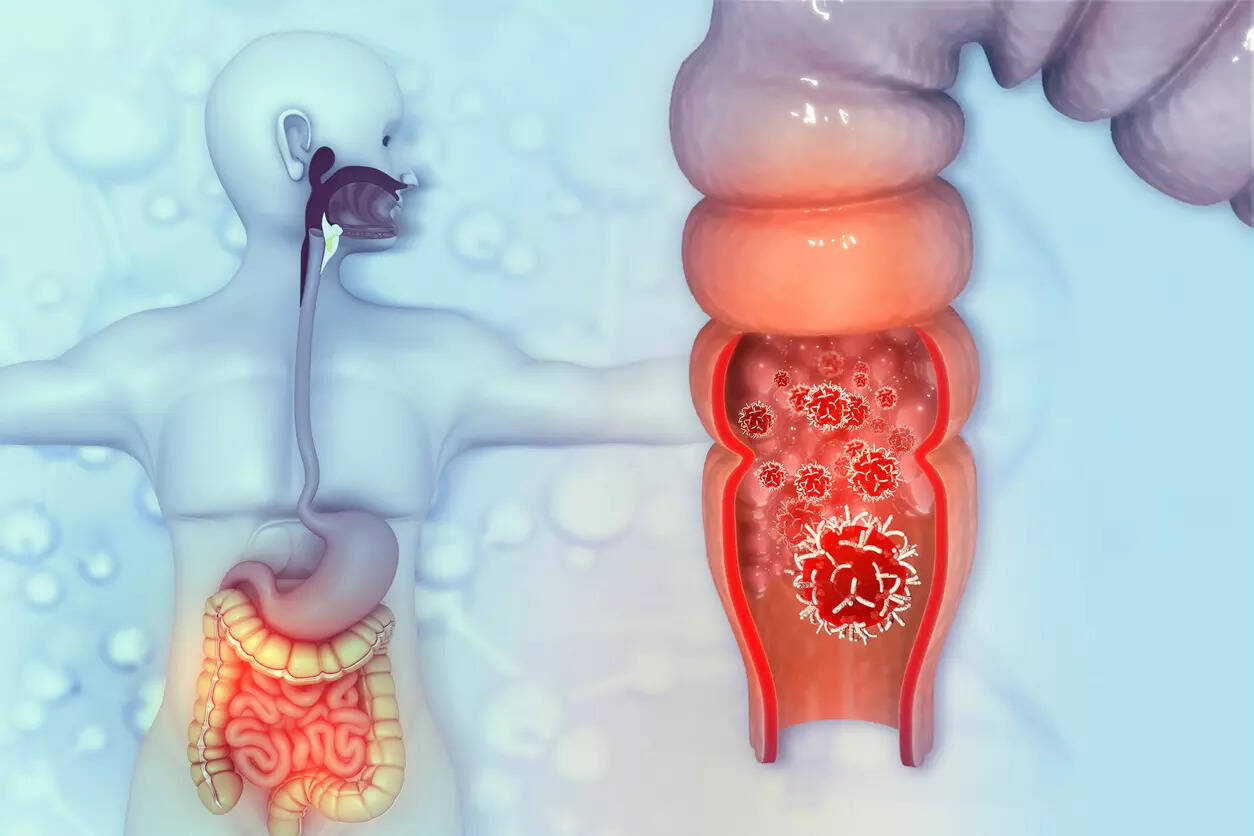
Colon or colorectal cancer is one of the deadliest cancers that afflict people of all ages
Across the world, an estimated 1,880,725 people were diagnosed with colorectal cancer in 2020.
How does the condition affect people?
The doctors say that the wall of the colon is made of layers of mucous membrane, tissue, and muscle. Colon cancer starts in the mucosa, the innermost lining of the colon, which consists of cells that make and release mucus and other fluids. If these cells mutate or change, they create a colon polyp.
Health experts say colon cancer may also spread to other parts of your body through the lymph nodes or your blood vessels.
Symptoms of colon cancer
Healthline says that you can experience colon cancer sometimes even without any symptoms. Also, the symptoms are very similar to those other conditions and so the only way to diagnose is a proper screening for cancer.
A few common symptoms that may be colon cancer are:
Blood on or in your stool
It is very important to tell your doctor if you notice blood in your stools, or if your poop looks dark or bright red.
Changes in your bowel habits
If there is a persistent change in your bowel habits like chronic constipation, diarrhoea, or a feeling of always `needing to poop, inform your doctor and get the testing done.
Abdominal pain
If there is a chronic and uncomfortable pain in the stomach that does not go away, get yourself checked. Frequent belly pains can cause other issues as well, but it is one of the important symptoms of colon cancer.
Bloating
Unexplained weight loss
Like any other cancer, there may be an unexplained drop in your body weight when you are not even trying
Vomiting
If your vomiting has been for no reason and it becomes chronic, you may need to get tested
Risk factors
Even though health experts have not been able to find out why people develop colon cancer certain risk factors increase people’s chances of developing precancerous polyps. Those risk factors include:
- Smoking
- Drinking excessive alcohol
Obesity and being overweight- Regularly eating a diet that includes a lot of red and processed meat
- Leading a sedentary lifestyle
- A family history of polyps
Disclaimer: Tips and suggestions mentioned in the article are for general information purposes only and should not be construed as professional medical advice. Always consult your doctor or a dietician before starting any fitness programme or making any changes to your diet.





